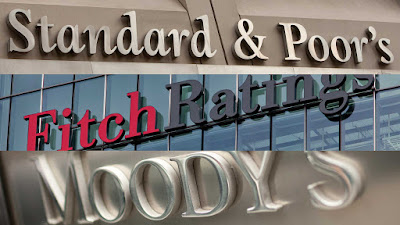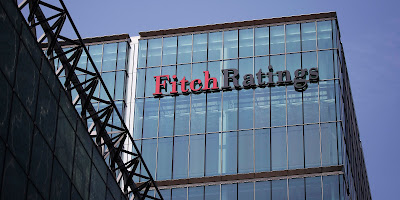China’s Domestic Credit Rating Problem Persists

We have analysed the issue of domestic credit rating provision within China on a number of occasions here in Financial Regulation Matters . Today one of my articles was published in The Journal of Business Law (available here , and here in a pre-published version) that analyses the trajectory of rating provision within the country. We have also looked at the situation from the view of the political and geo-political ambitions of China here , and from the viewpoint of the leading US-based rating agencies here . In today’s post, we will look at evidence that demonstrates the problem at hand, and why China has now become so open to having the US-based rating agencies operating within its territory, on their own, for the first time. It has been reported this morning that domestic Chinese rating agencies are providing for massive upgrades in their ratings for ‘local government financing vehicles’ (LGFV), despite the impacts of the Covid-10 pandemic still playing out. The article in








